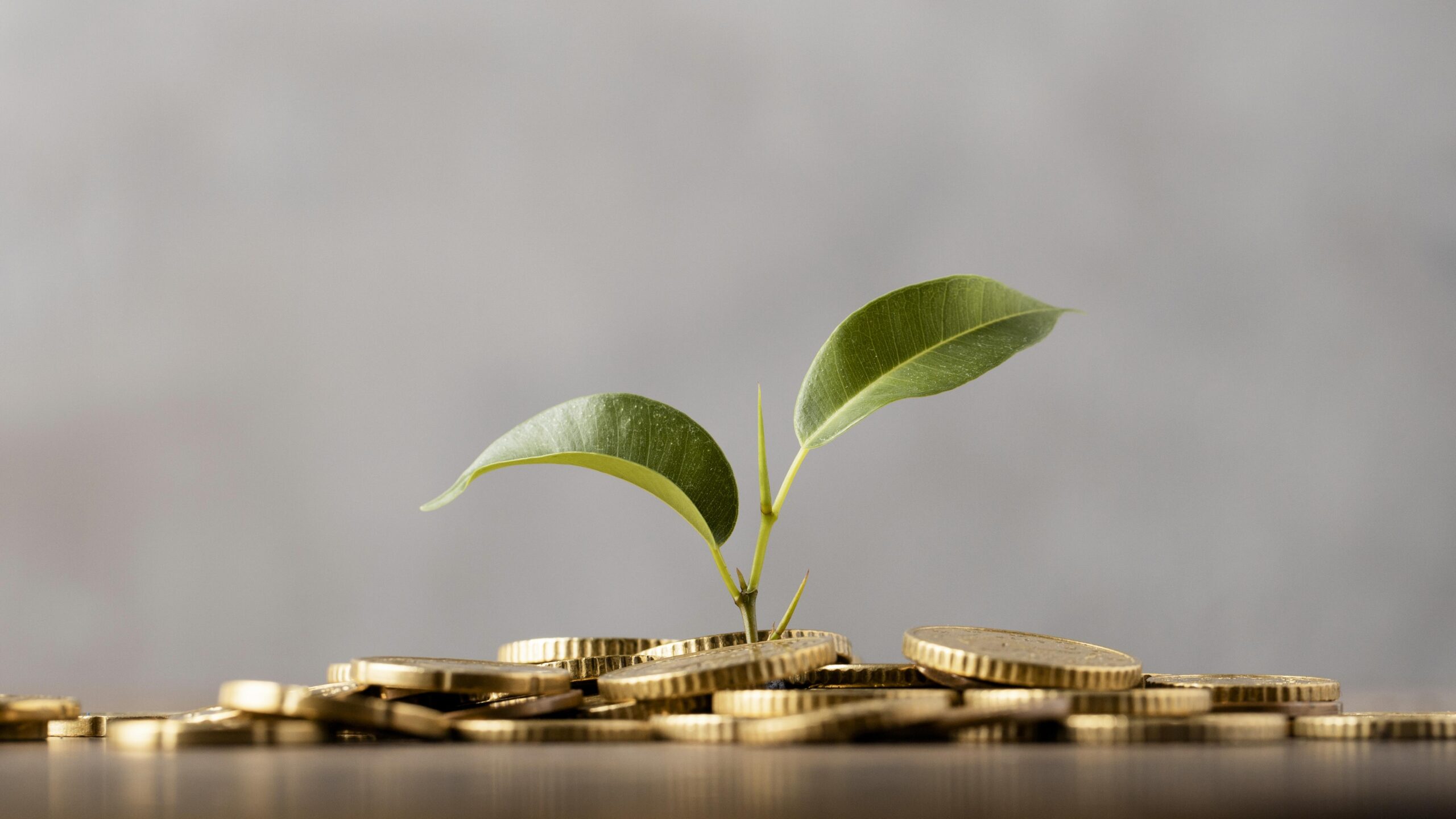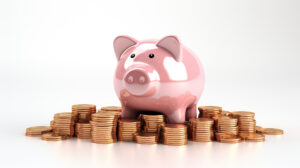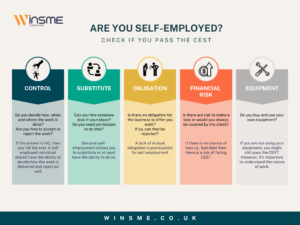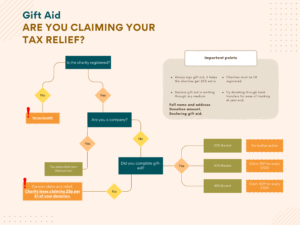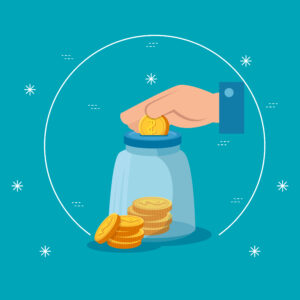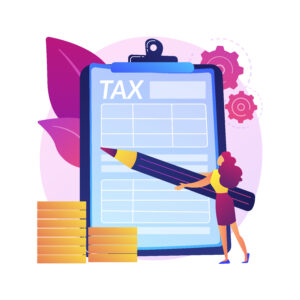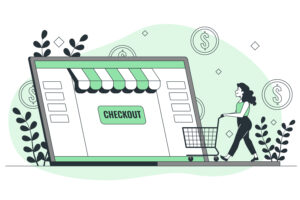These are common areas which PAYE individuals miss out on. You can increase your tax-free allowance to around 30k annually by using all your allowance.
- Savings Interest
You can earn interest on your savings without paying tax up to a certain limit. This is known as the Personal Savings Allowance. If you are a basic rate taxpayer, you can earn up to £1,000 in savings interest tax-free. For higher-rate taxpayers, the allowance is £500. This allowance applies to interest earned from bank and building society accounts, as well as other savings products.
- Individual Savings Accounts (ISAs)
ISAs are a popular way to save or invest money without paying tax on the interest, dividends, or capital gains. The annual ISA allowance for the tax year 2024-2025 is £20,000. There are several types of ISAs, including Cash ISAs, Stocks and Shares ISAs, Innovative Finance ISAs, and Lifetime ISAs. Each type has its own rules and benefits, but all offer tax-free growth on your investments.
- Trading Allowance
The Trading Allowance allows individuals to earn up to £1,000 per year from self-employment or casual services without paying tax. This can include income from activities such as babysitting, gardening, or selling goods online. If your trading income exceeds £1,000, you can choose to deduct the allowance from your total income instead of claiming actual expenses.
- Property Allowance
The Property Allowance lets you earn up to £1,000 per year from property income without paying tax. This applies to income from renting out property or land. If your property income exceeds £1,000, you can choose to deduct the allowance from your total income instead of claiming actual expenses. This allowance is separate from the Rent a Room Scheme.
- Rent a Room Scheme
The Rent a Room Scheme allows you to earn up to £7,500 per year tax-free from renting out a furnished room in your home. If you share the income with another person, such as a partner, the allowance is halved to £3,750 each. This scheme is ideal for homeowners or tenants who want to let out a room to a lodger. The tax exemption is automatic if your rental income is below the threshold. If it exceeds the threshold, you must complete a tax return and can choose to opt into the scheme.
- Selling Personal Items
When it comes to selling personal items, you generally do not have to pay tax on the proceeds unless the item is worth more than £6,000. This is known as the Capital Gains Tax exemption for personal possessions. For example, if you sell a painting or a piece of jewellery for more than £6,000, you may need to pay Capital Gains Tax on the profit. However, everyday items like clothes, furniture, and electronics typically do not fall into this category unless they are particularly valuable.

